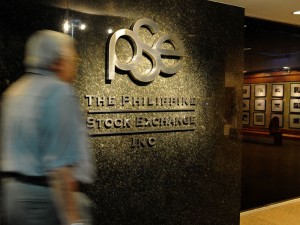CEBU CITY, Philippines—A foreign affairs official opened the third meeting of Pacific Rim officials with a history lesson on global trade, and urged member economies of the Asia Pacific Economic Cooperation (Apec) to focus on initiatives that will concretely address the daily concerns of an average citizen.
In her opening remarks at the Third Senior Officials Meeting (SOM) here, Undersecretary Laura del Rosario gave Apec officials a quick lesson on how the Philippines took part in the first global trade some 450 years ago.
“In 1519, (Ferdinand) Magellan set sail from Spain in search of the Spice Islands in the Strait of Malacca and in pursuit of the belief that it was possible to reach the far east by sailing westward. Against great odds in 1521, his party reached the island of Mactan in Cebu and forever changed the destiny of its people and a group of islands which would later be known as Las Islas Filipinas named after King Philip of Spain,” said Del Rosario, who is the SOM chair.
“While Magellan would not make the return voyage back to Spain, his expedition proved critics and skeptics wrong and it charted a new path to an otherwise unknown realm. Other expeditions soon followed. In 1565, Miguel Lopez de Legazpi’s expedition, after establishing a settlement in Cebu, was able to find a return route eastward to Acapulco. I mentioned Acapulco because this would then lay down the route for the Manila-Acapulco galleon trade which was considered to be the first global trade,” she said.
This year marks the 450th anniversary of the start of the Manila-Acapulco galleon trade, and the 250th anniversary of its end. This, according to Del Rosario, showed that 200 years of global trade had been in existence even before people thought of globalization.
In the same manner that voyagers like Magellan charted new paths, Apec is working tirelessly to find new routes toward achieving sustainable growth and development, Del Rosario said.
Apec, she said, continues to be an incubator of innovative ideas on how to tackle economic issues that extend beyond established norms on how to stimulate economic development.


